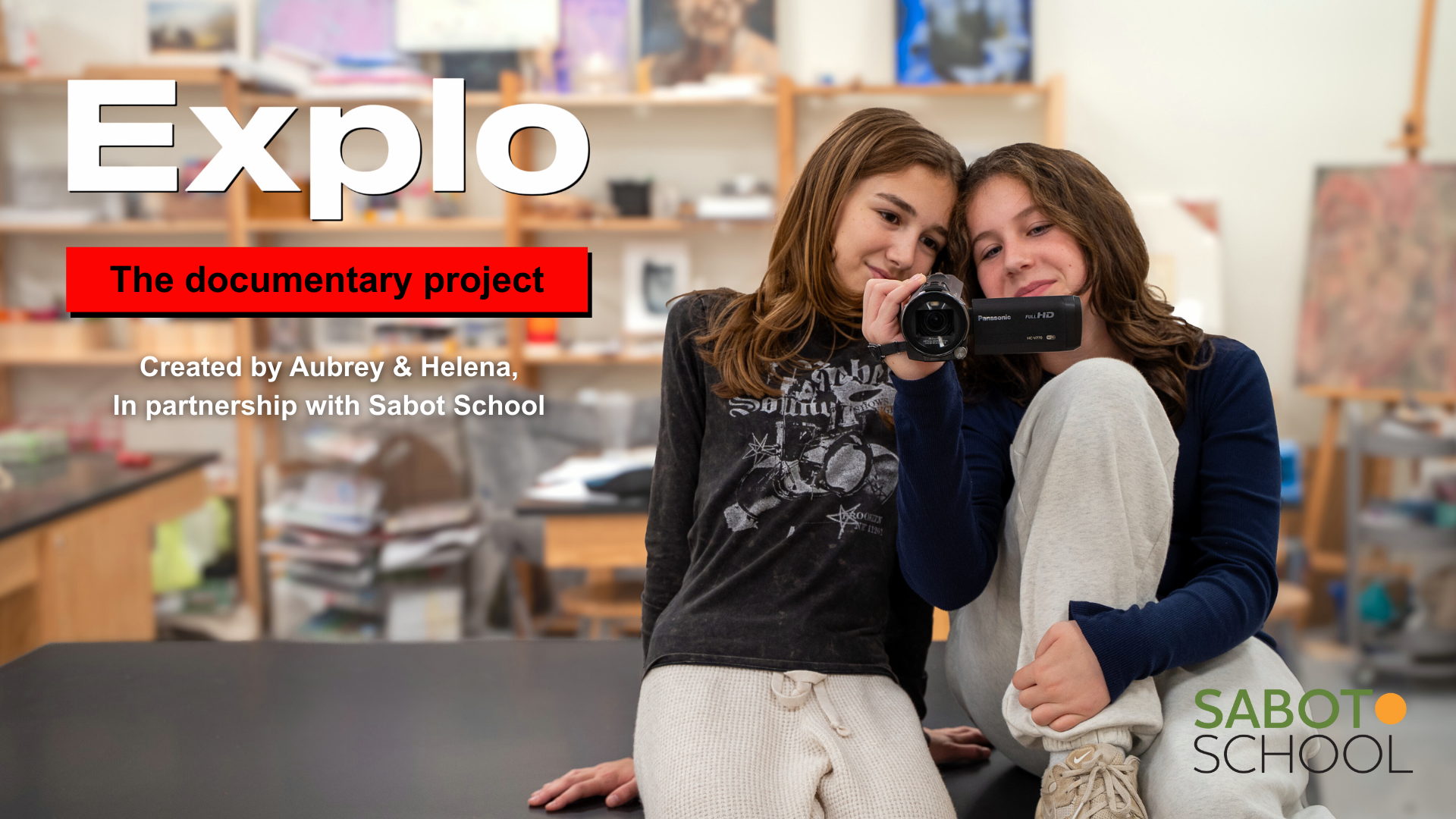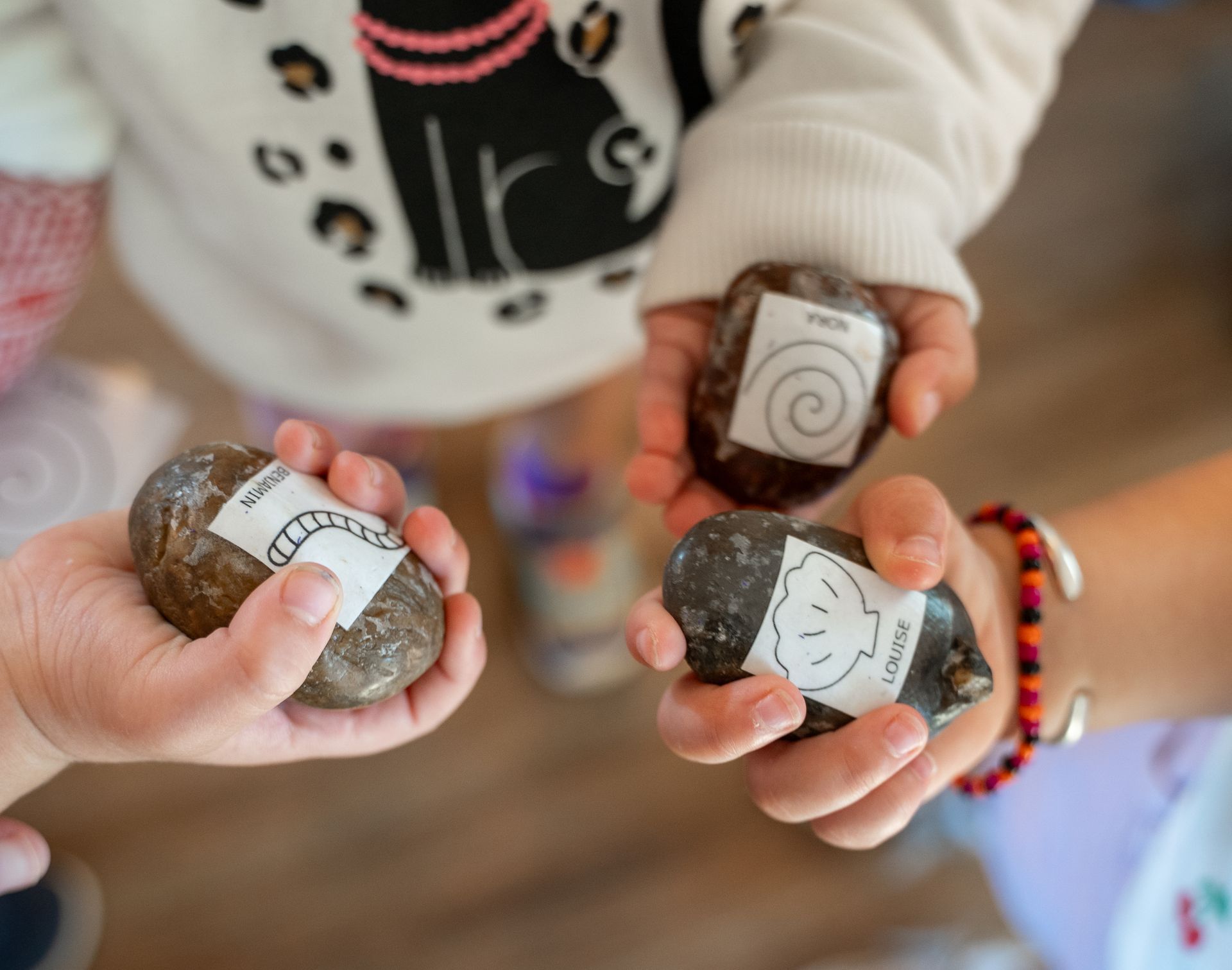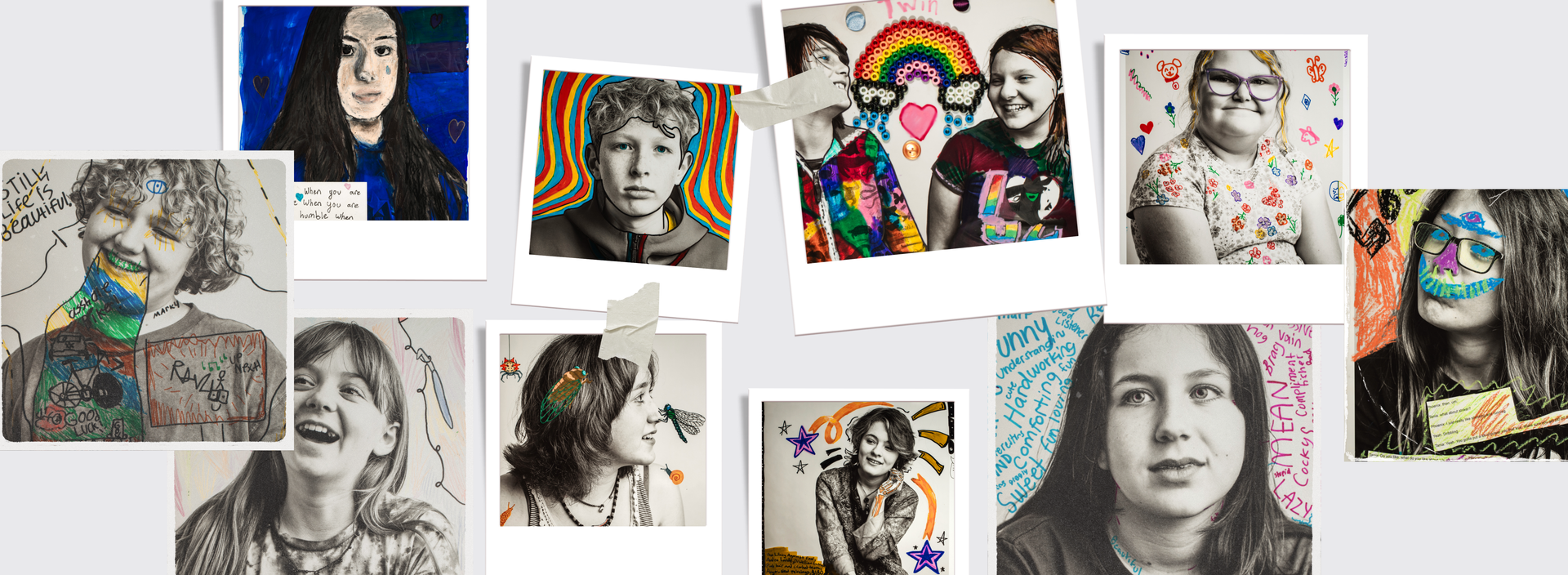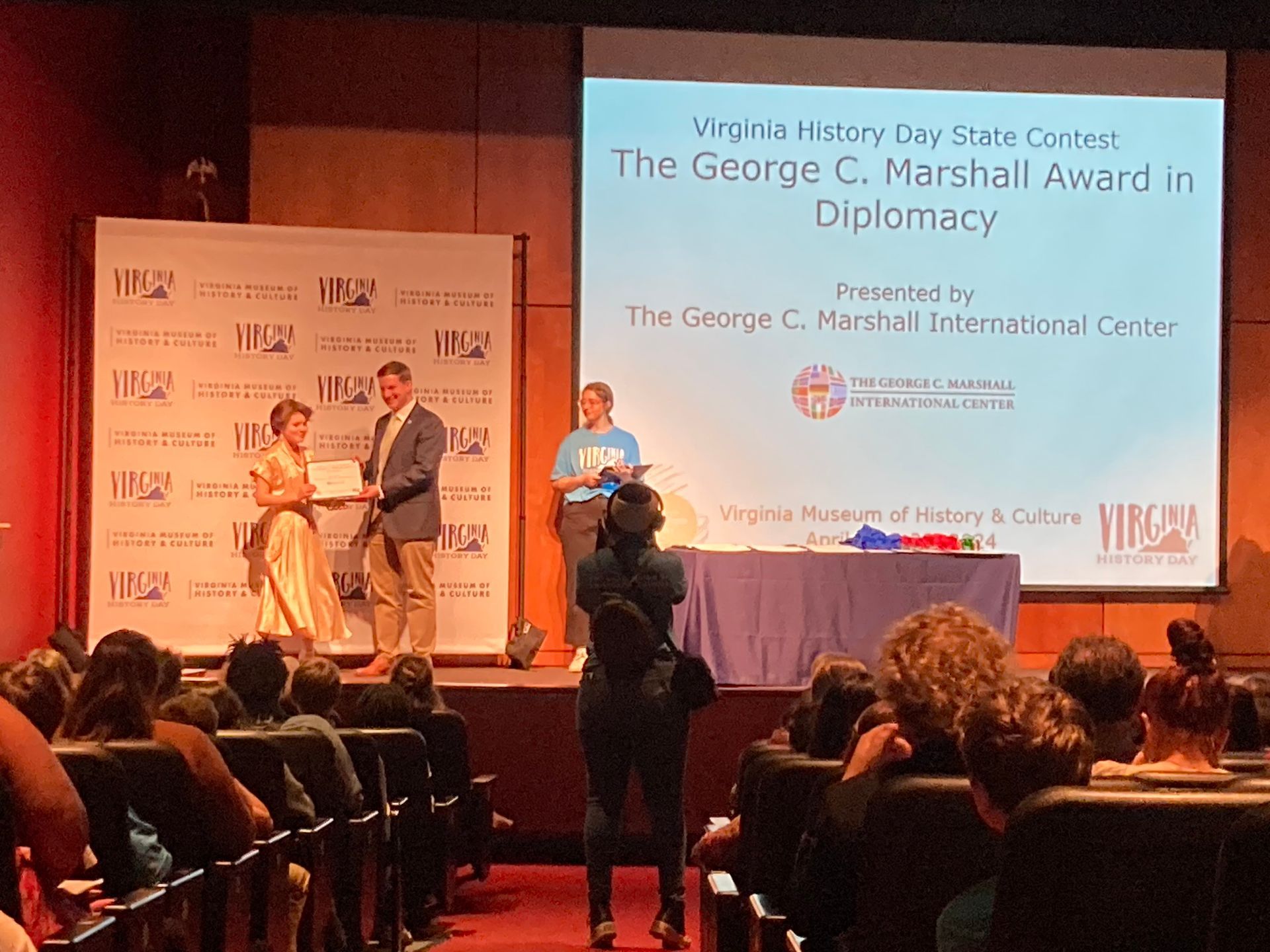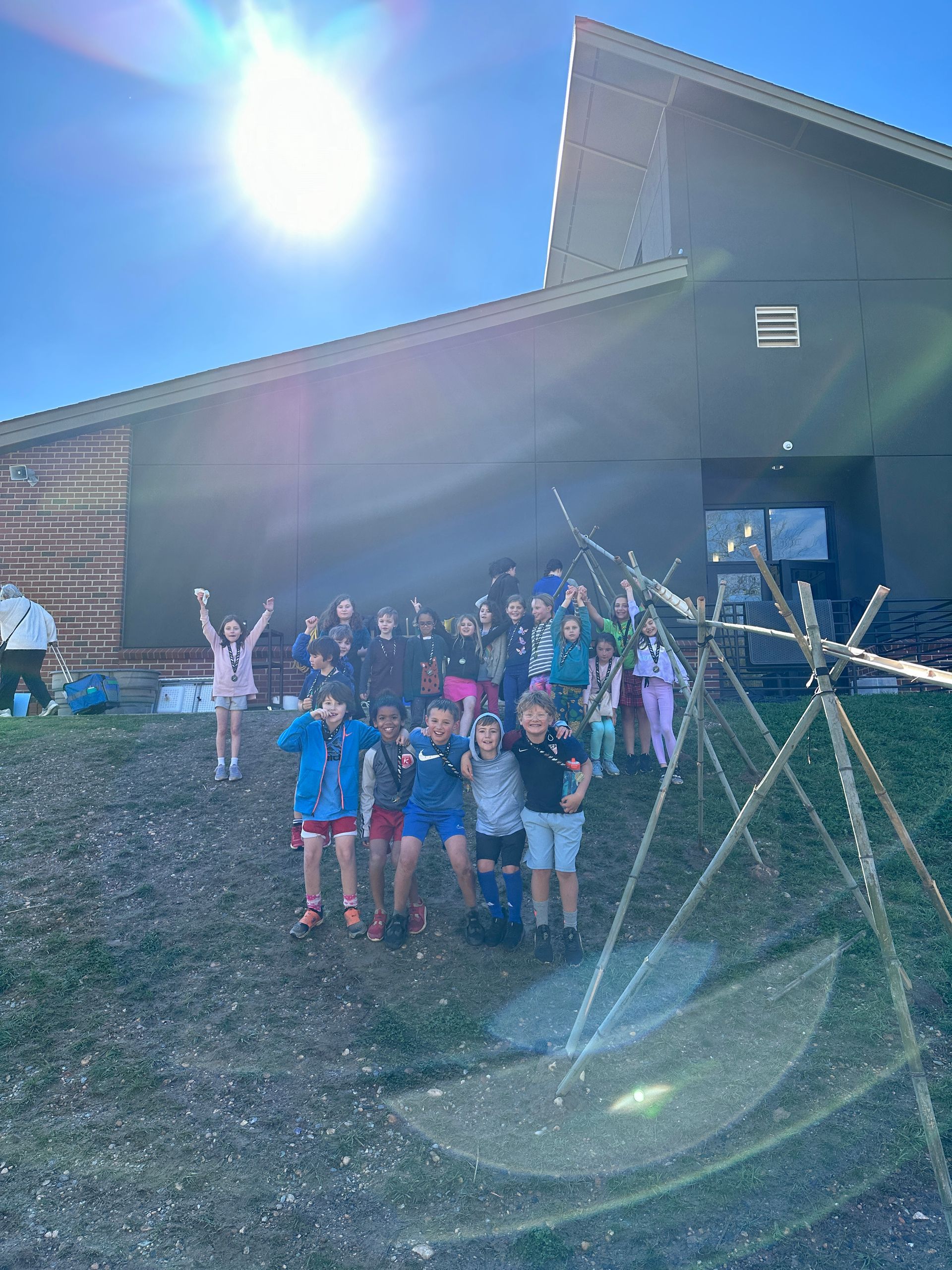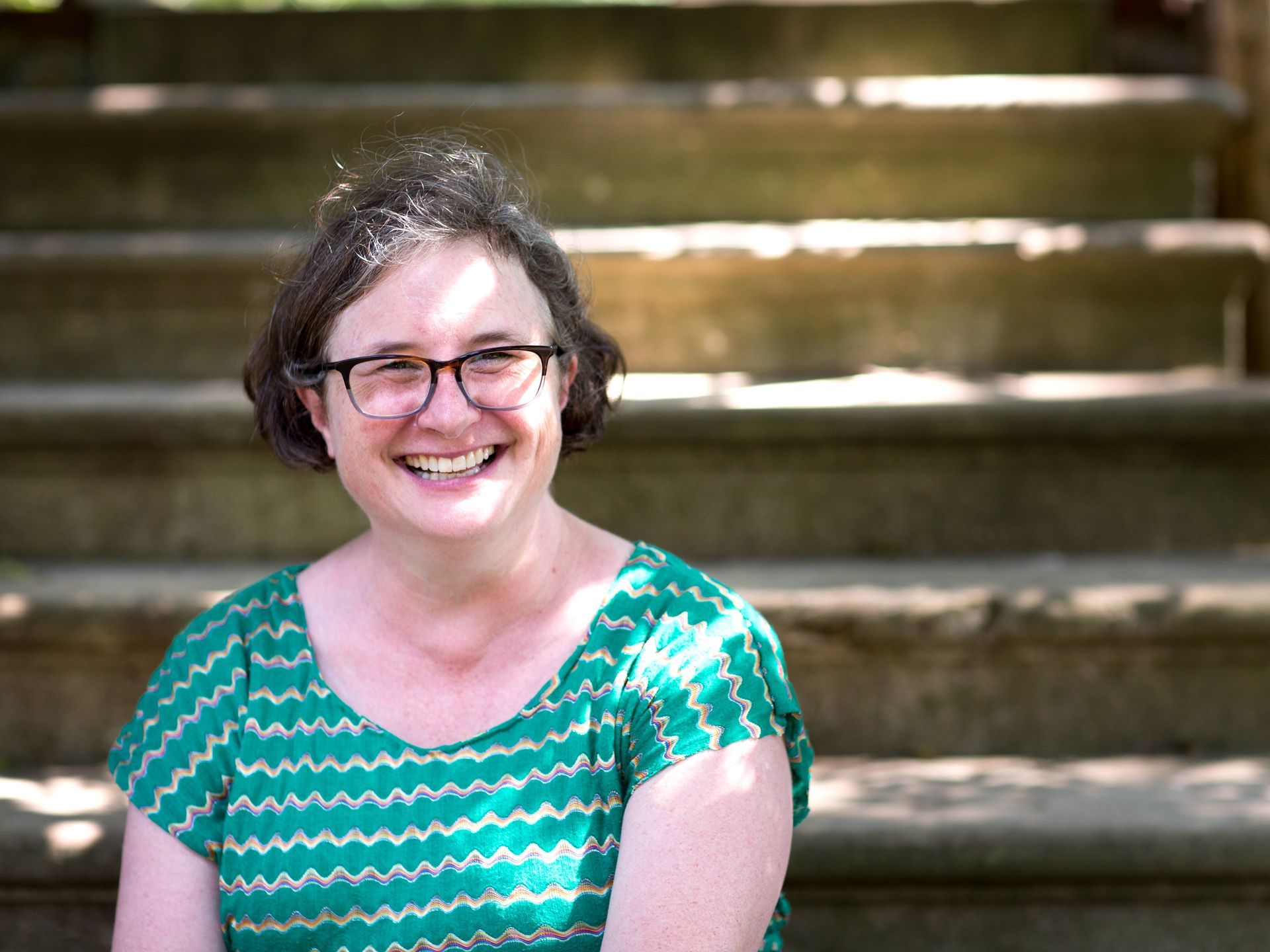Inside the Forest, Part 3: Demystifying Reggio, Discovering Beauty
A message for learning groups at Sabot
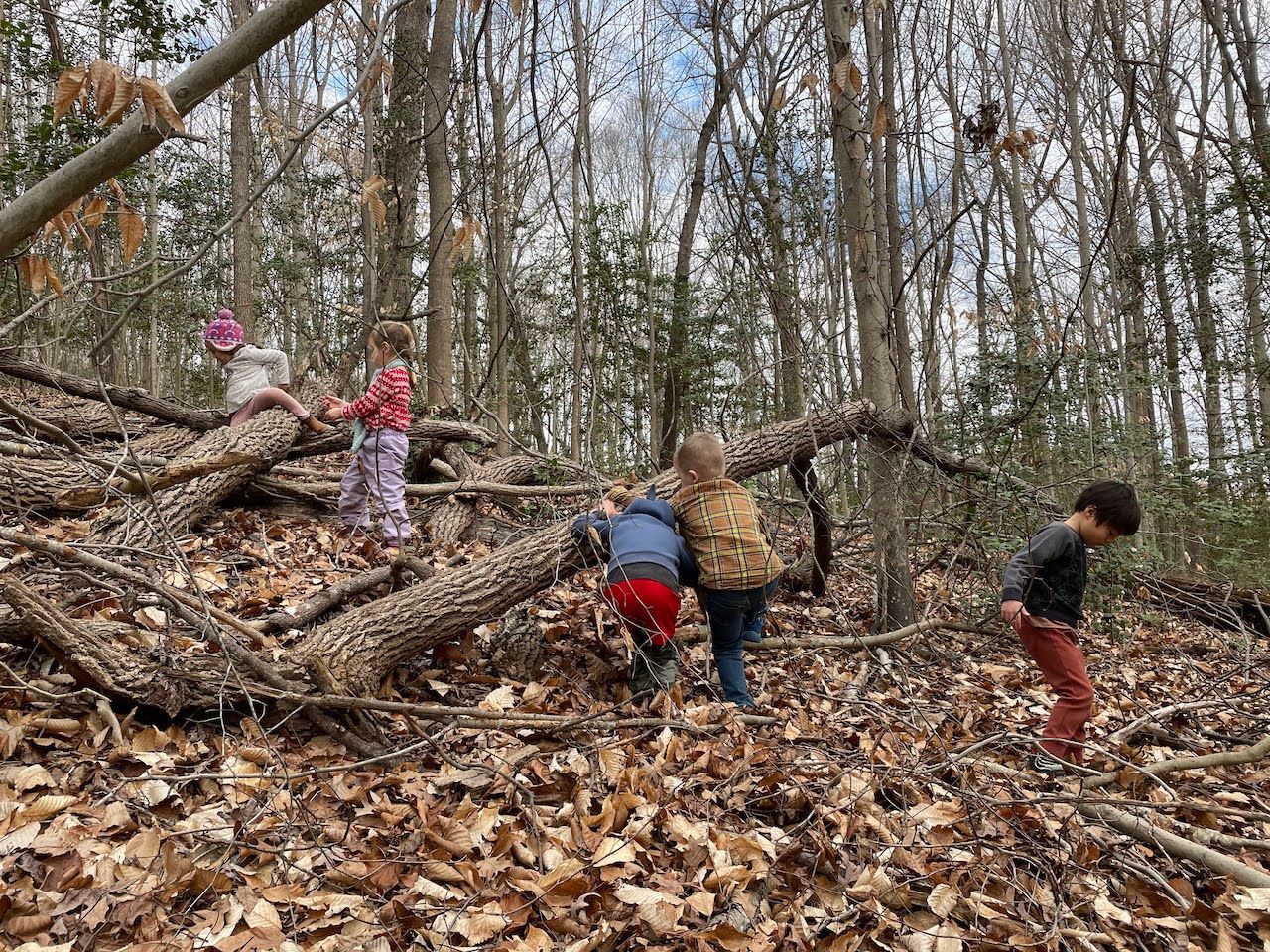
September 28, 2022
If there are household names in contemporary poetry, Mary Oliver is surely among them. She published a new book every year or two until her death and, even so, her work did not exhaust the beauties and mysteries at the intersection of the human and the natural world. Her poems are, for many, an inspired field guide—as attentive to flora and fauna as to the heart and soul of humankind. Her poems remind us that life itself is astonishing and that paying good attention is a worthy and rewarding labor.
I share this poem of hers as an invitation to attend our first Learning Group gathering, which we have titled ‘Nurturing Our Attention’ and which we hope will encourage fruitful discussion and reflection, and strengthen a sense of shared purpose. Our work for the evening will draw on our Learning Group readings and reflections to date (you can find the first two of our three-part Inside the Forest series here) and we hope, even if you have not read a single word!, that you will join us for time together—to think, share, ask, listen, wonder.
At Sabot, you may hear us speak about the Habits of Mind and our older students especially come to know them well. Habits of Mind are a particular “framework for thinking,” as the Institute for Habits of Mind describes it, and no singular “habit” is of greater value than another. There are sixteen of them—including ‘Striving for Accuracy,’ ‘Communicating with Clarity and Precision,’ ‘Applying Past Knowledge to New Situations,’ ‘Thinking Flexibly,’ and ‘Remaining Open for Continuous Learning’—and together they provide a kind of universal cognitive architecture for self-education; they are the habits we practice and strengthen in order to become more thoughtful, innovative, creative, and responsive citizens.
And of course this is work not only for the young nor only for the enrolled student. A key aspect of the Reggio Emilia philosophy and curriculum is a group approach to learning that fosters whole-community engagement, co-construction of knowledge, and meaningful exchange among participants—families, teachers, and students. One of the Habits of Mind of particular relevance for us now, and at the heart of our first Learning Group, is ‘Responding with Awe and Wonderment,’ a habit that may, at first glance, be considered luxury rather than necessity, and perhaps not summarily perceived as a cognitive advantage. And yet, years of observation of children around the globe suggest that while most of a child’s early learning in school involves steps toward mastery and control of one’s own body, toward self-correction, confidence-building, and an ability to reason, one of the essential (and, arguably, most undervalued) habits a school can nurture is the ability to concentrate. Found within it, one’s capacity for stillness, attention, and wonder, and it is this habit—cultivating awe— that science now proves leads to greater likelihood of a healthier, happier, and more inspired life.
But who really has time to think about their thinking or wonder about their wondering?, one might be asking, or How can I take a walk simply for pleasure or “do nothing” but sit with my astonishment when there is so much else that must be done? These are good and important questions, inseparable from larger issues that surround education, work, culture, priority, and privilege. But they are questions that should not distract us from recognizing that there are great benefits from nurturing our attention. We know that efficiency, quickness, and multi-tasking are of little to no concern for the child who, instead, works for the pleasure of the work itself. It is an expression and fulfillment of a vital need, no less a need of the child’s than that of movement, affection, order, and independence.
So, come be with us, this Learning Group, and consider the work before us, realizing that our understanding of “work” is very different from–and not superior to—the child’s. We all have much to learn from one another. Let us continue.
Yes! No!
How necessary it is to have opinions! I think the spotted trout
lilies are satisfied, standing a few inches above the earth. I
think serenity is not something you just find in the world,
like a plum tree, holding up its white petals.
The violets, along the river, are opening their blue faces, like
small dark lanterns.
The green mosses, being so many, are as good as brawny.
How important it is to walk along, not in haste but slowly,
looking at everything and calling out
Yes! No! The
swan, for all his pomp, his robes of grass and petals, wants
only to be allowed to live on the nameless pond. The catbrier
is without fault. The water thrushes, down among the sloppy
rocks, are going crazy with happiness. Imagination is better
than a sharp instrument. To pay attention, this is our endless
and proper work.
from White Pine: Poems and Prose Poems, by Mary Oliver; Mariner Books, 1994.
Mary Oliver (1935-2019) was a prolific writer; her most recent books include A Thousand Mornings (2012), Dog Songs (2013), Blue Horses (2014), Felicity (2015), Upstream: Selected Essays (2016), and Devotions: The Selected Poems of Mary Oliver (2017). She taught at Bennington College until 2001 and received such major awards as the Pulitzer Prize and National Book Award. Oliver lived in Provincetown, Massachusetts, and Hobe Sound, Florida, until her death in early 2019. She was 83.
SHARE THIS POST



